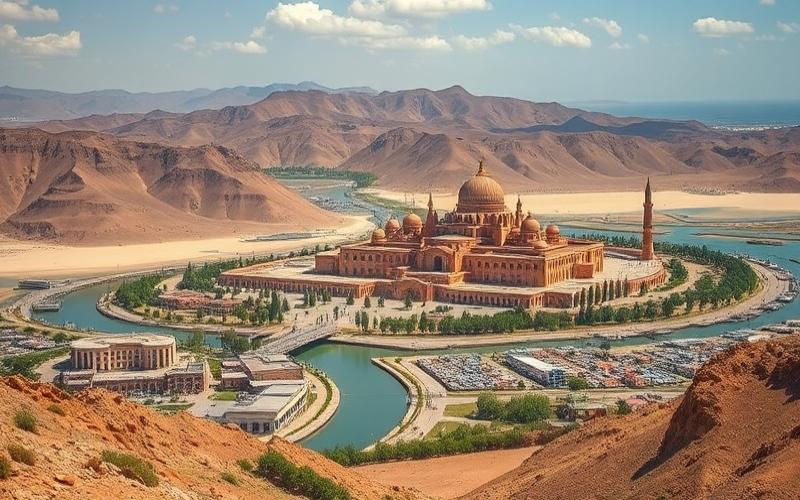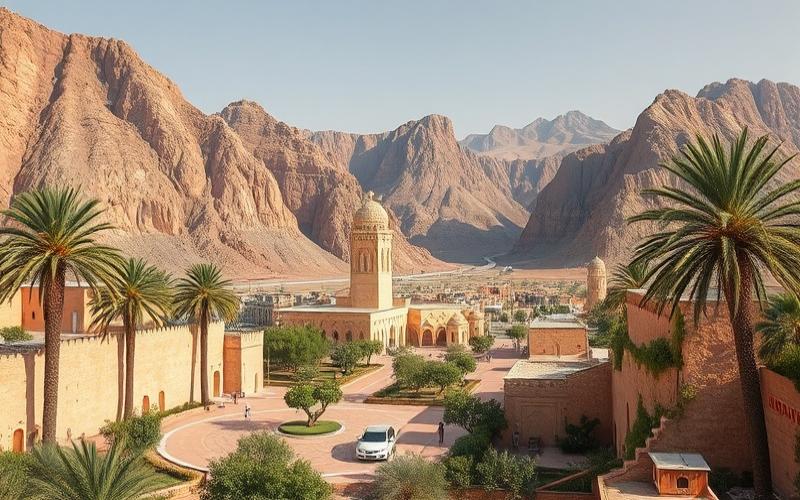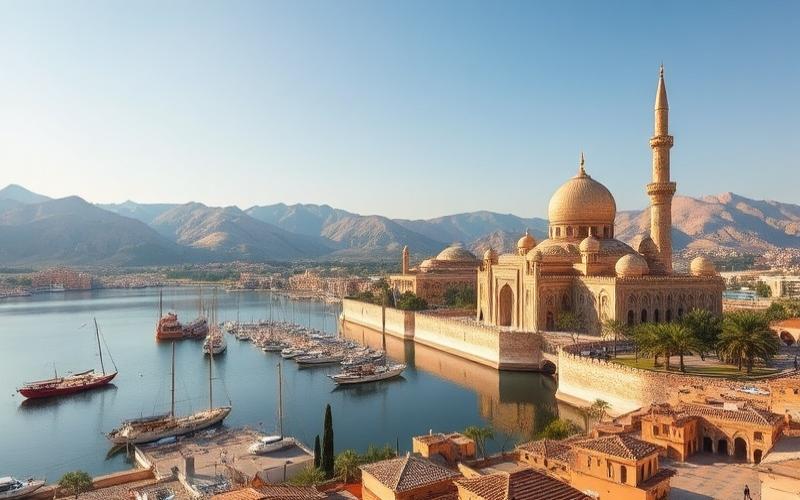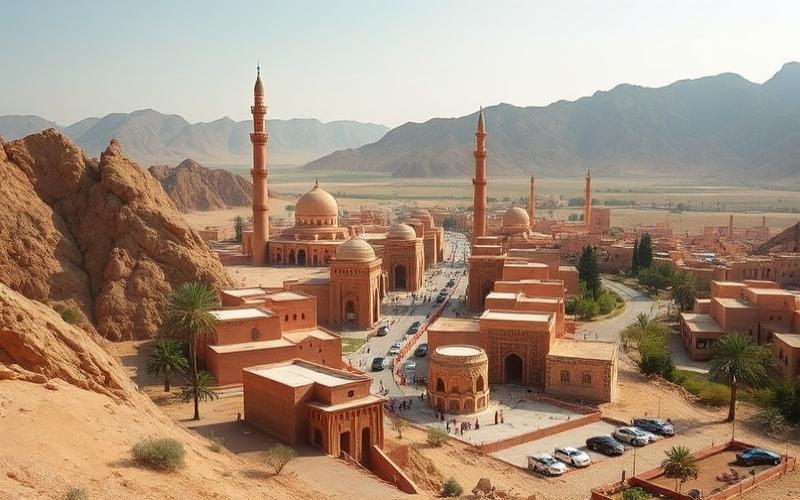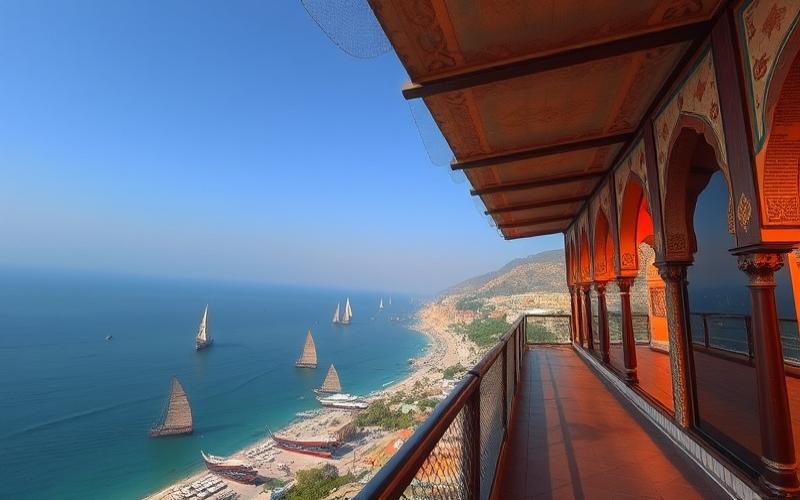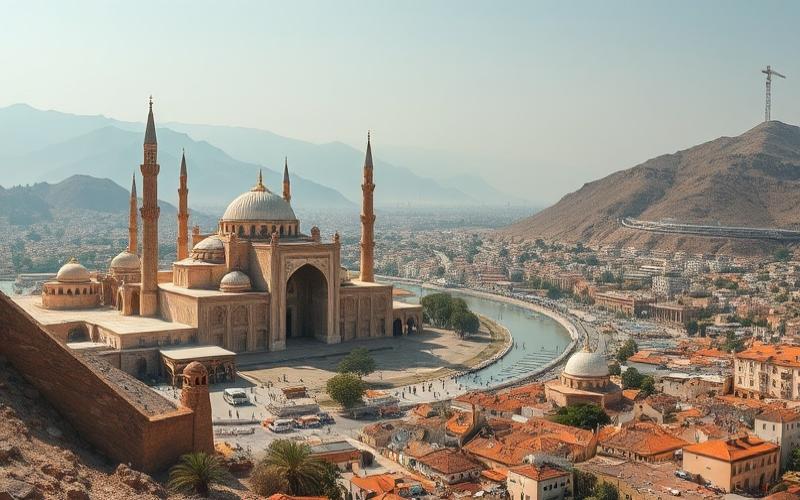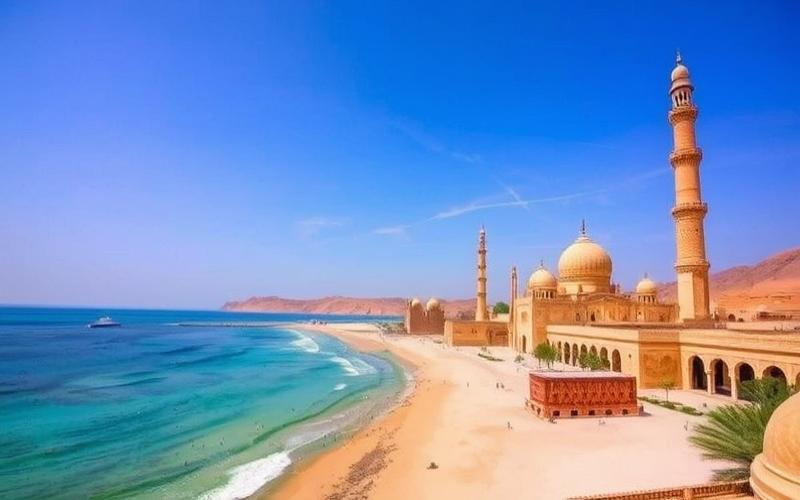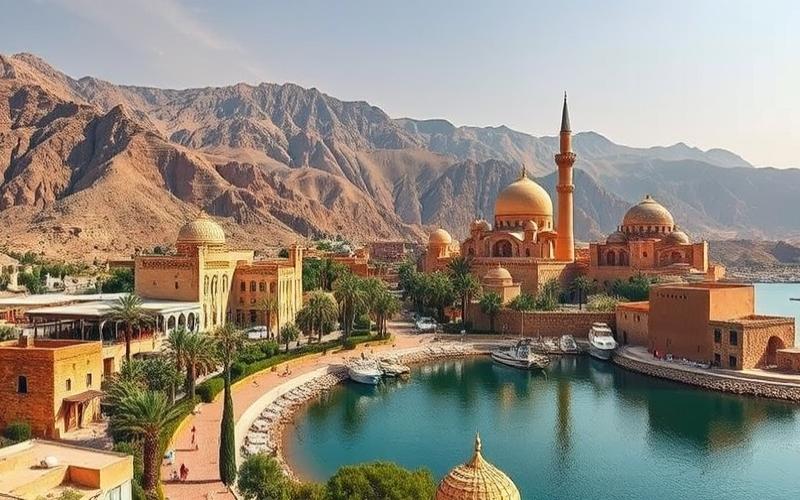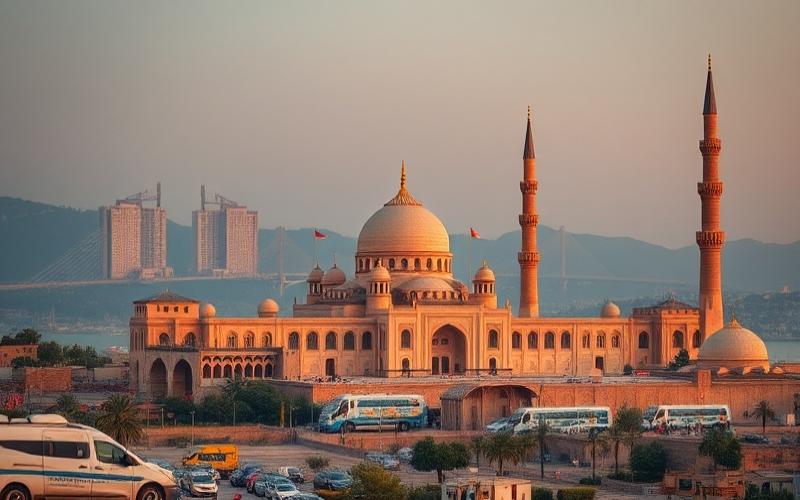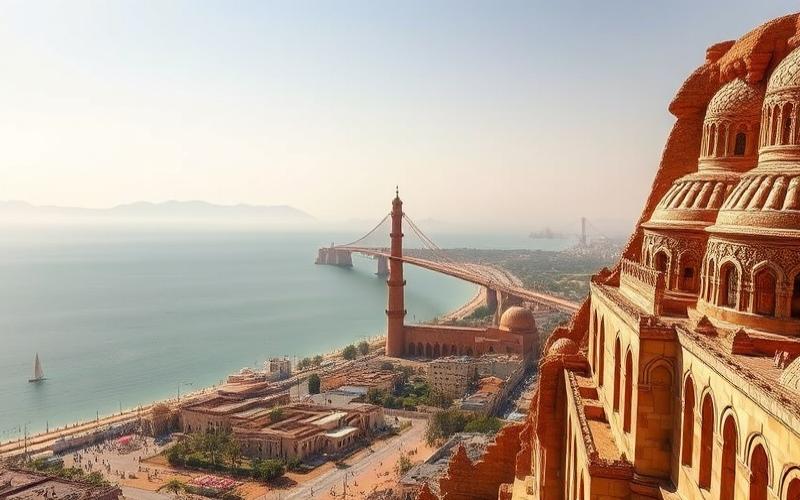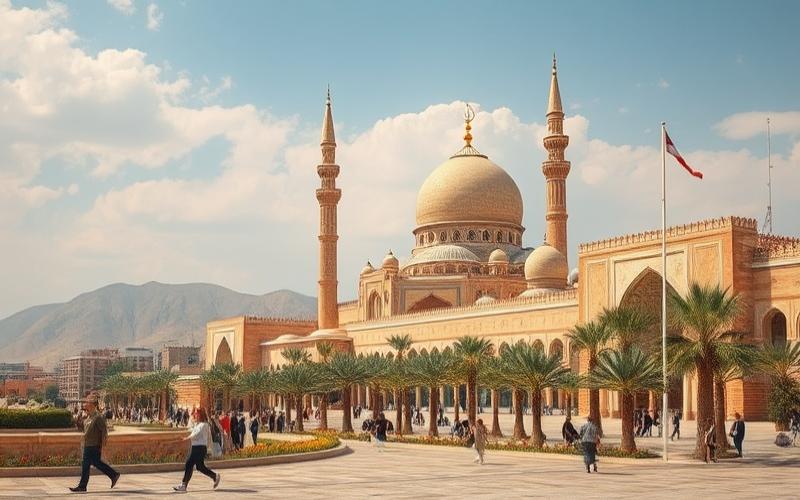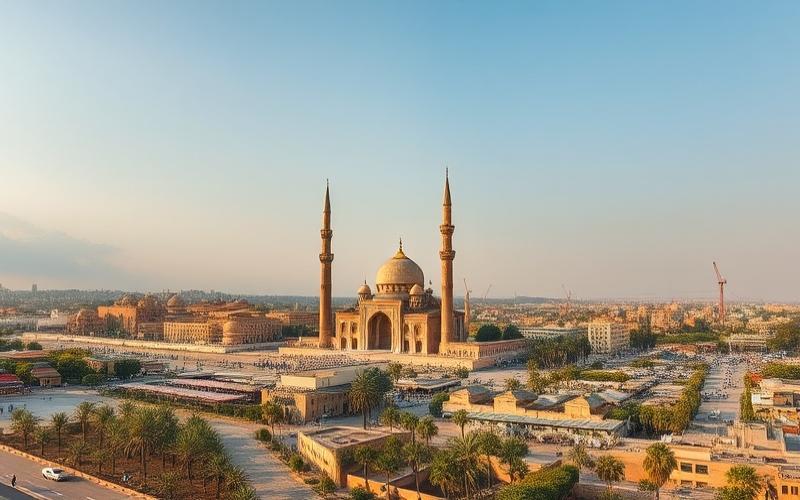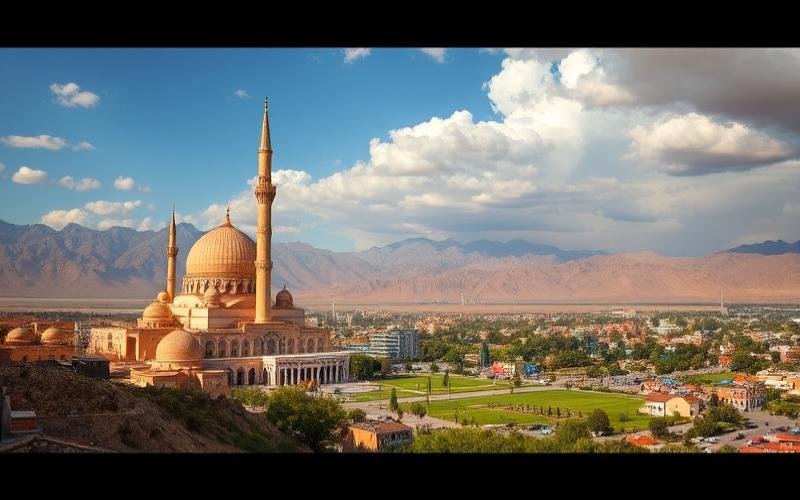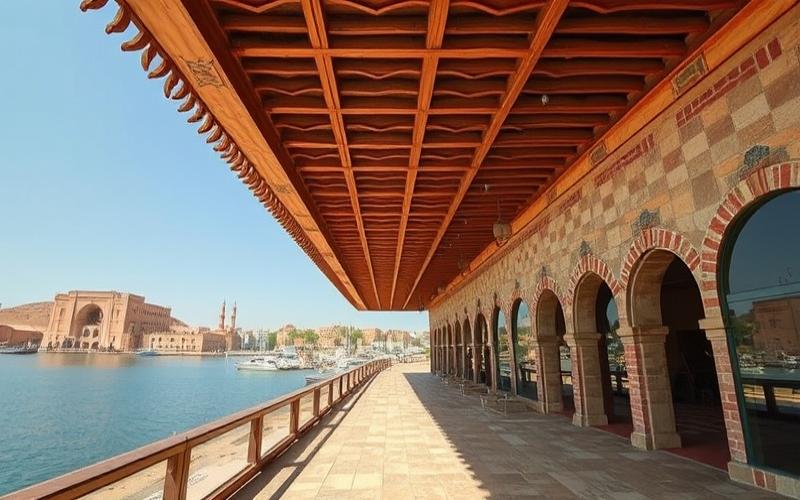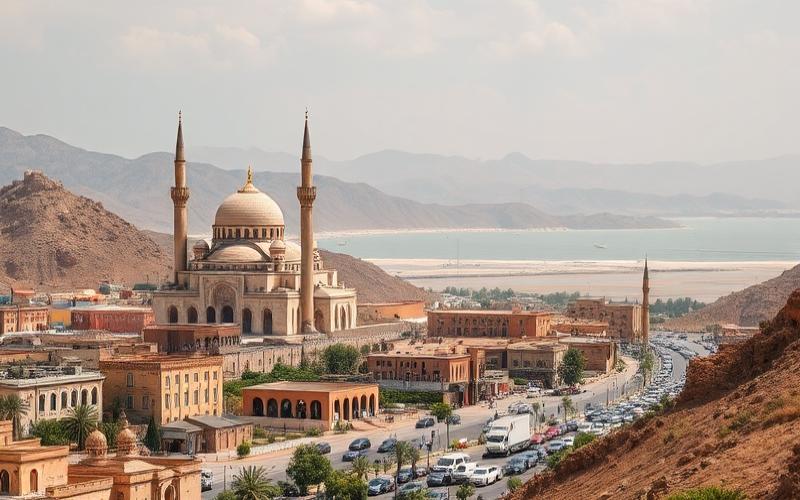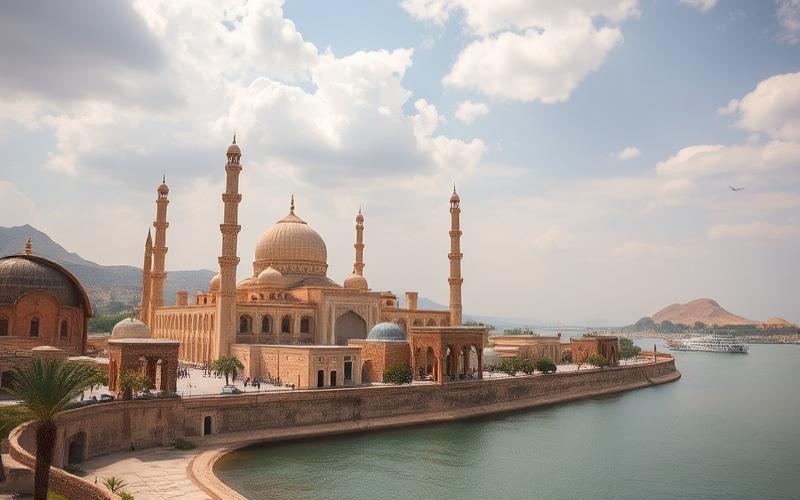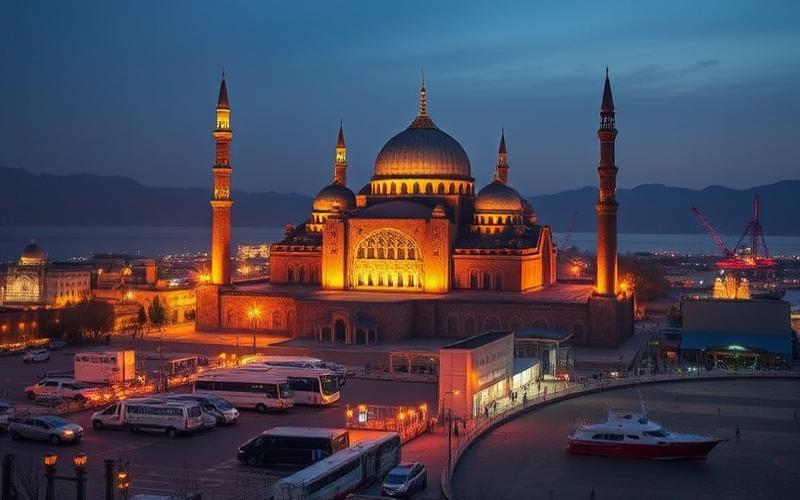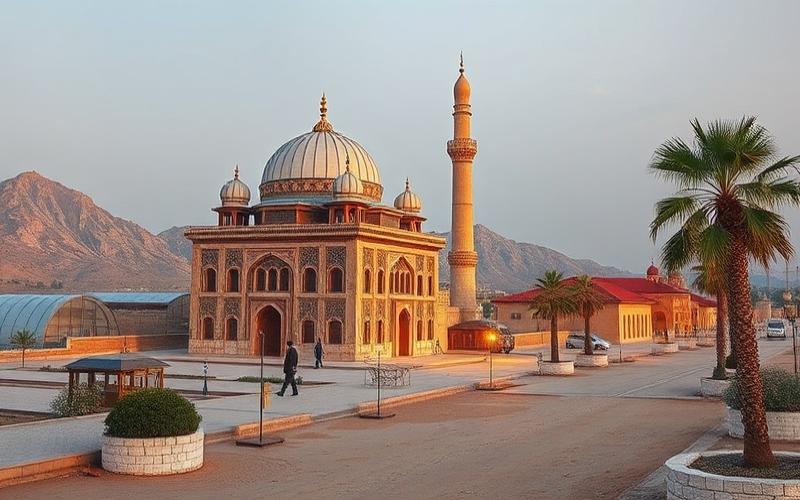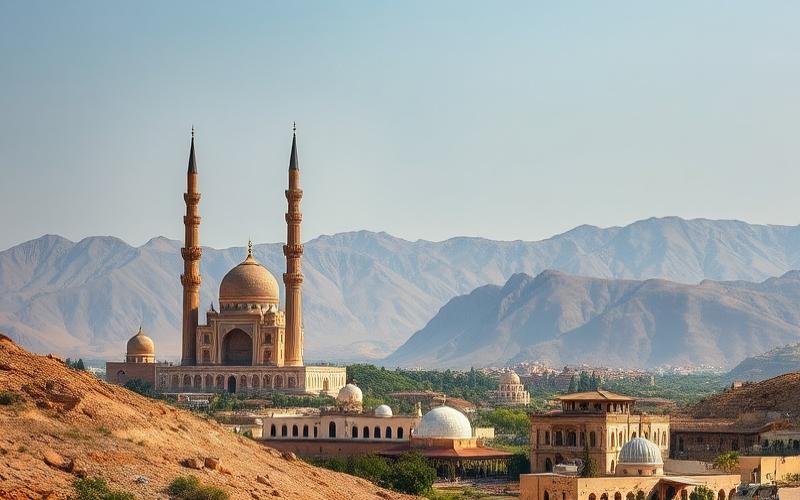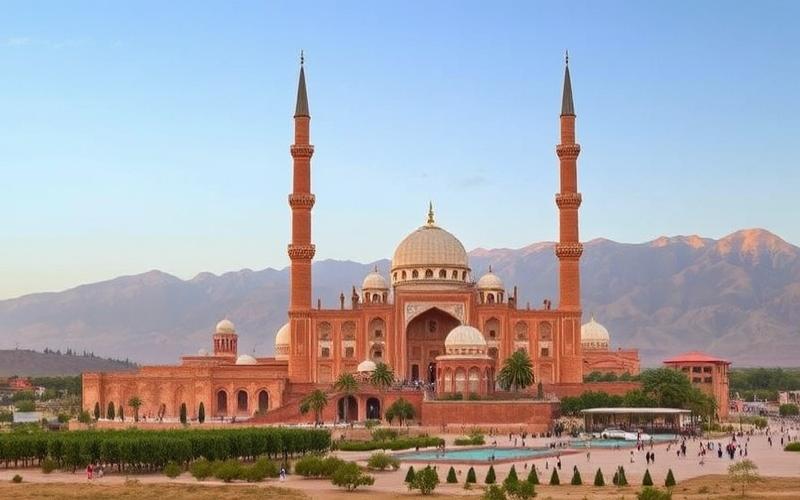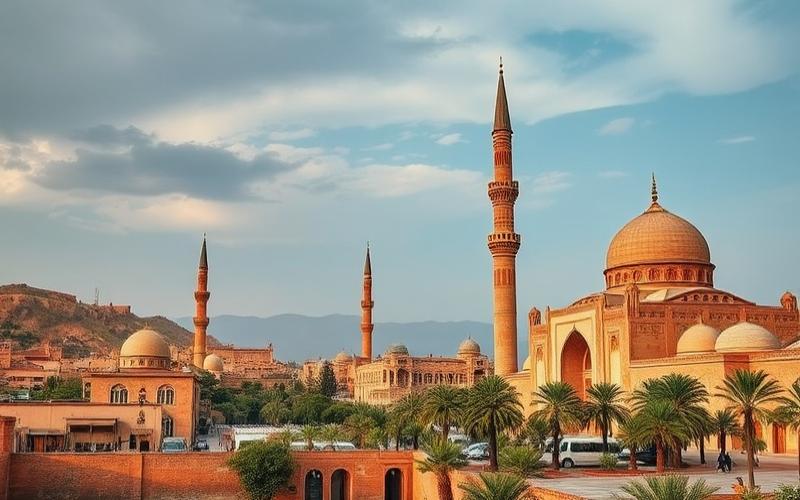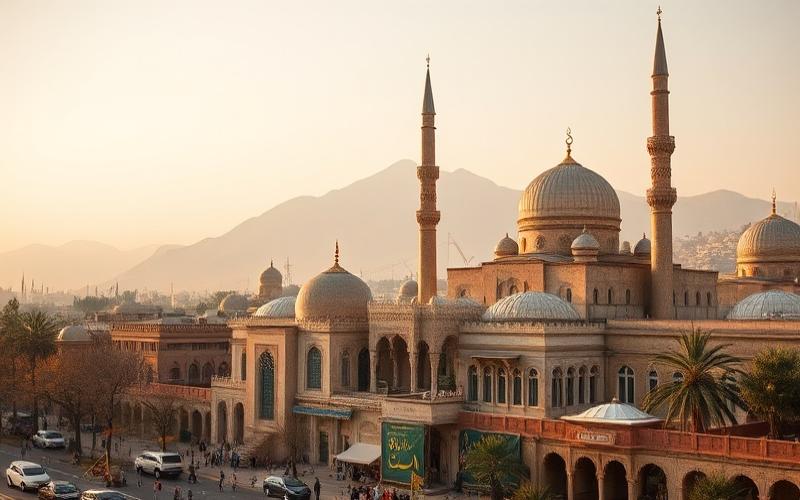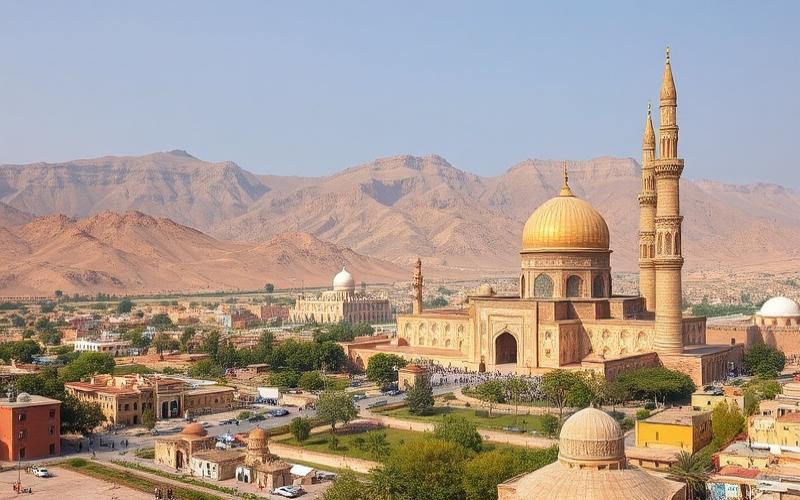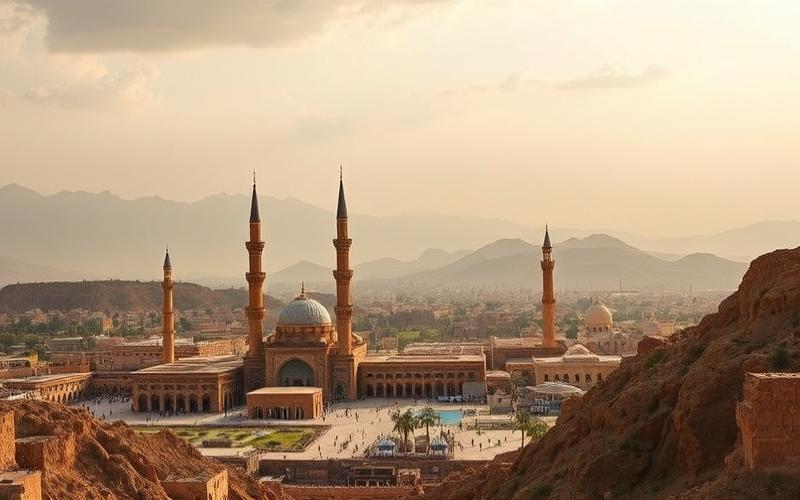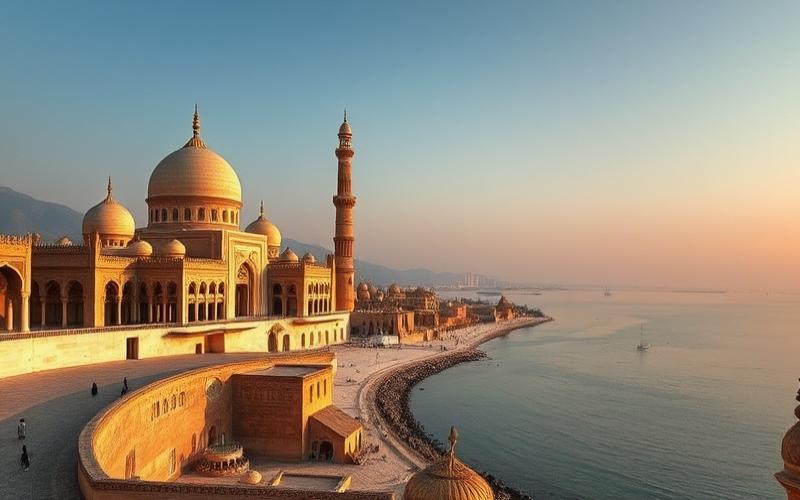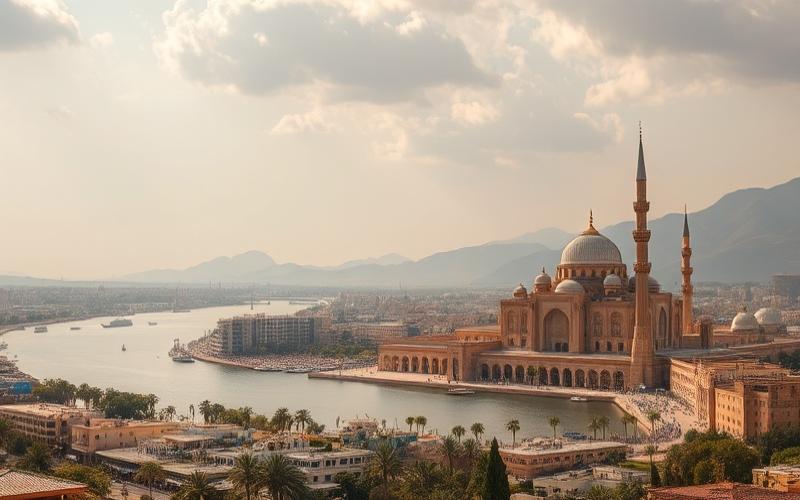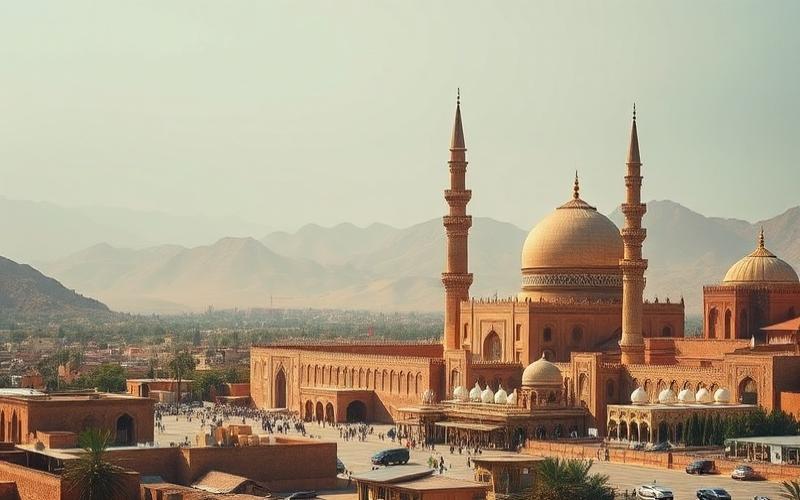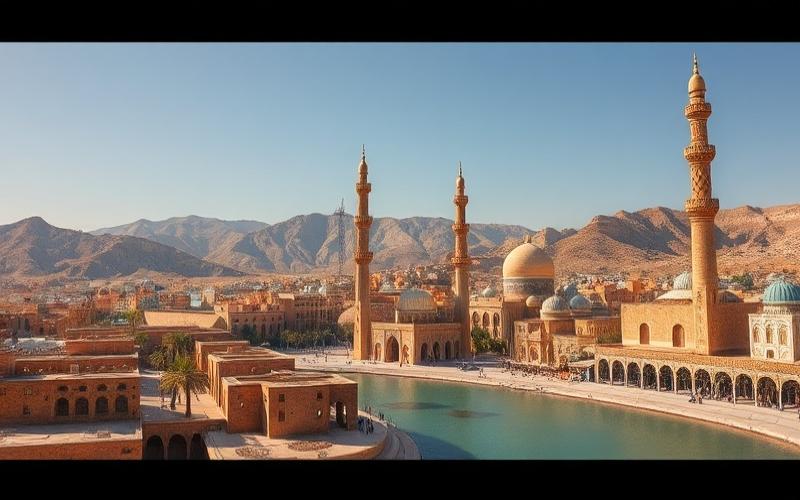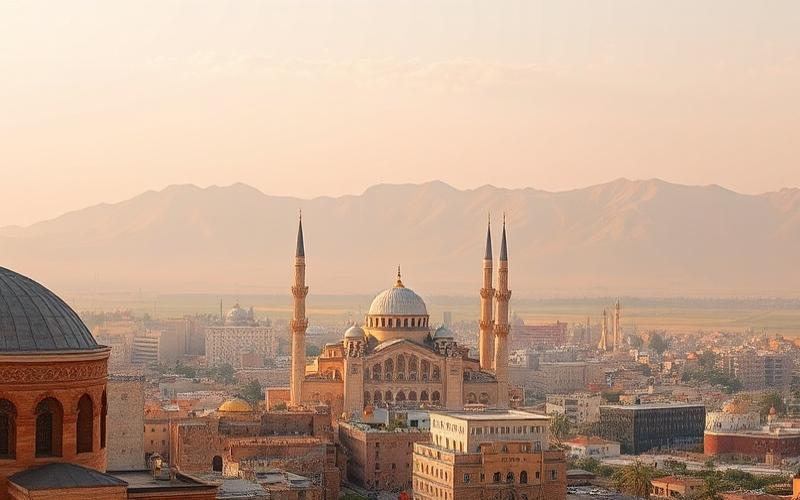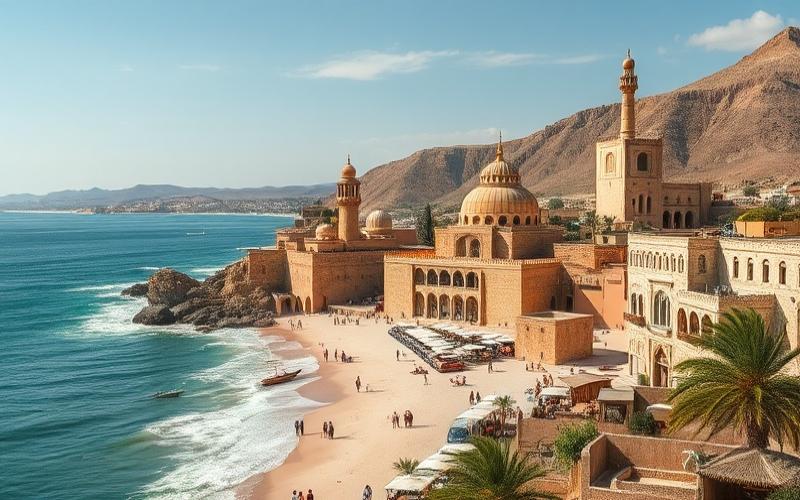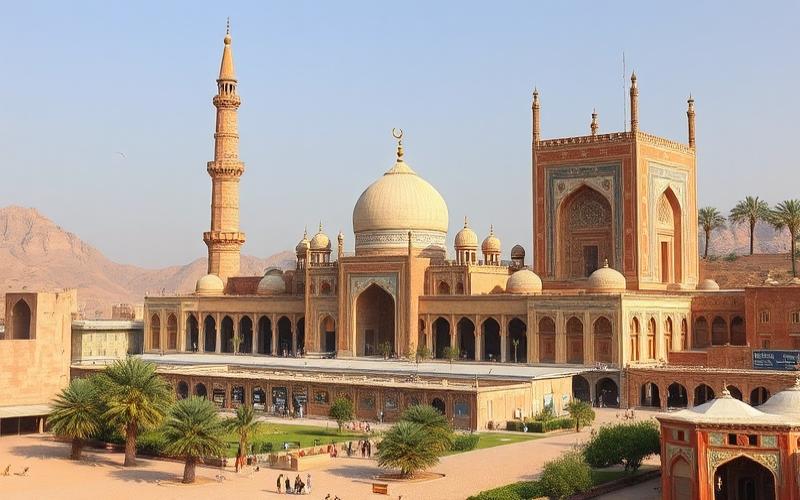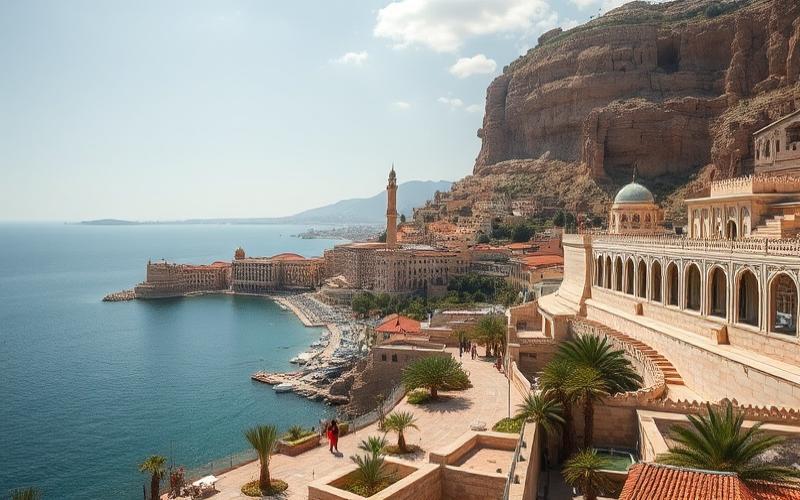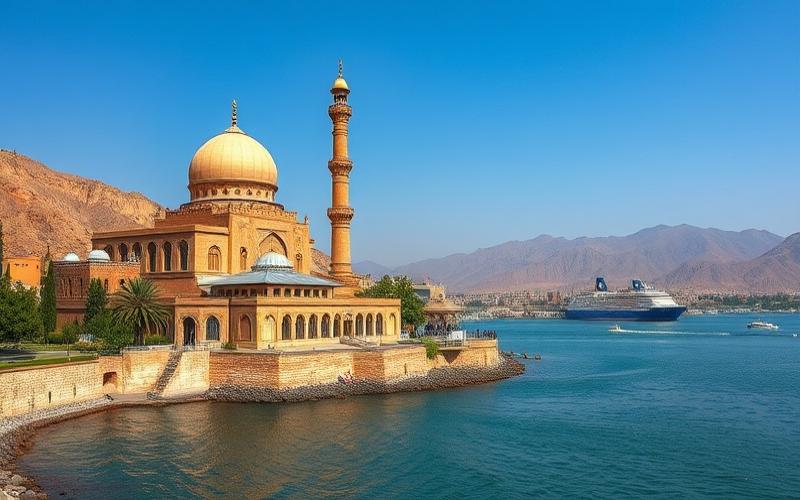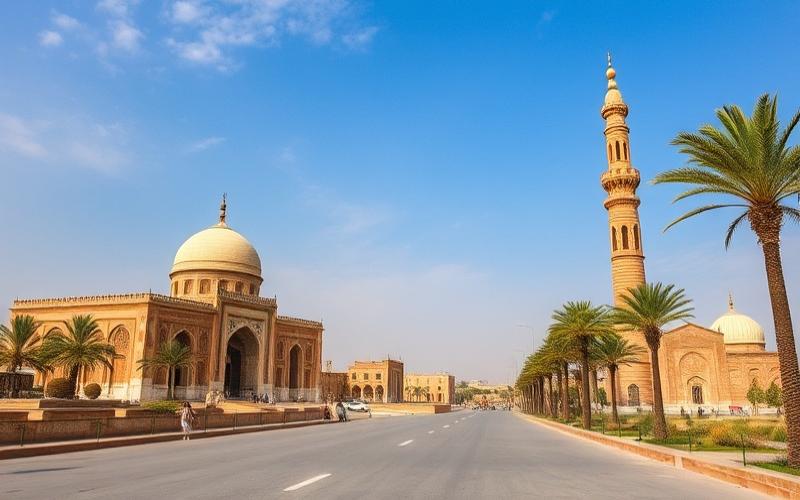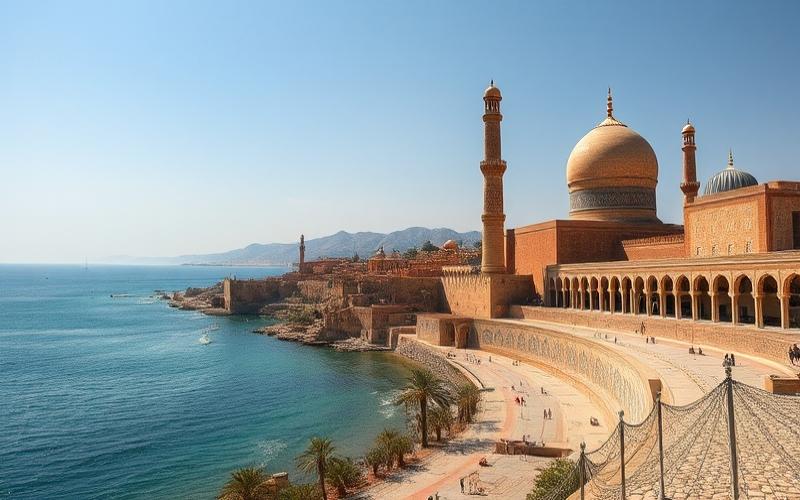
 Published on and written by Cyril Jarnias
Published on and written by Cyril Jarnias
Bahrain, a popular destination for many expatriates due to its attractive living environment and economic opportunities, provides a unique context for exploring the specific advantages conferred by the European Union to its citizens residing abroad.
Thanks to international agreements and bilateral relations, these expatriates benefit from extensive rights, particularly in terms of social security and benefit transfers, ensuring a certain continuity in their quality of life.
Furthermore, EU initiatives in favor of human rights protection guarantee Europeans an enriched living experience through fundamental freedoms that few third countries offer.
This article delves into these specificities, revealing how Bahrain fits into this positive dynamic for European citizens living abroad.
European Union Advantages for Expatriates
European expatriates benefit, through European Union citizenship, from a set of rights and freedoms that remain valid even when they reside outside the EU, including in Bahrain.
Freedom of Movement and Right of Entry into the EU:
- Every European citizen living in Bahrain retains an unconditional right to return and reside in their member state.
- Access to the Union’s external borders for European citizens is limited to minimal checks, facilitating return or visits to member states.
Diplomatic and Consular Protection:
Outside European territory, the main right exercised is protection by the diplomatic or consular authorities of other member states when the host country has no national embassy on site. This guarantee is particularly valuable in emergencies or for complex administrative procedures.
Recognition of Professional Qualifications:
Degrees obtained in a member state are generally recognized throughout the Union. This allows expatriates wishing to return to work or settle elsewhere in Europe after their stay in Bahrain to be immediately operational without cumbersome procedures.
Access to Digital Administrative Services:
- Several procedures can be carried out with European institutions (petitions, appeals to the European Ombudsman…), even from a third country like Bahrain.
- It is also possible for some European citizens residing outside the EU to vote in local or European elections according to the provisions of each member state.
Summary Table:
| Rights/Advantages | Applicability from Bahrain | Concrete Impact for the Expatriate |
|---|---|---|
| Free entry/exit to EU | Yes | Facilitated return without excessive formalities |
| Consular/diplomatic protection | Yes (if no national embassy) | Administrative/legal support in emergencies |
| Recognition of qualifications | Yes | Increased professional mobility upon reintegration |
| Digital administrative services | Partial | Simplified management of civic rights |
Bilateral Agreements between the EU and Bahrain
- Certain bilateral agreements allow:
- Simplification of the process for obtaining work or tourist visas.
- Enhanced economic and trade cooperation that can facilitate private investments and provide European nationals residing in Bahrain with privileged access to certain banking or insurance services.
Specific List of Economic Benefits:
- Increased legal security upon return to European territory (protected private property, non-discriminatory access to the labor market).
- Possibility to benefit from advantageous tax regimes when transferring funds to a member state.
- Guaranteed access to European social systems upon effective resumption of residence (health, education).
In summary, European citizenship offers robust legal security as well as tangible economic benefits that sometimes transcend physical borders thanks to the international recognition this citizenship enjoys. For an expatriate living in Bahrain, these guarantees constitute essential protection while keeping open all the opportunities offered by the European single market.
Good to Know:
European expatriates in Bahrain benefit from the recognition of their professional qualifications and can access facilitated administrative services thanks to bilateral agreements. The legal security and economic advantages of European citizenship offer extensive protection, even outside EU borders.
Freedom of Movement and Its Implications in Bahrain
Freedom of movement in Bahrain operates within a legal framework combining national legislation, Gulf Cooperation Council (GCC) agreements, and bilateral arrangements with the European Union. The kingdom recently strengthened its traffic regulations with Royal Decree No. 30 of 2025, which imposes severe penalties of up to 10,000 Bahraini dinars ($26,500) in fines and up to 10 years imprisonment for serious traffic violations. This measure aims to improve road safety but directly impacts residents’ daily mobility.
The Bahraini visa system facilitates access to the territory for European citizens with two options: a 15-day stay for 5 Bahraini dinars or a 30-day stay for 12 Bahraini dinars, extendable up to a maximum of 90 consecutive days. This flexibility promotes short-term business exchanges and business tourism, allowing European entrepreneurs to establish commercial relationships without heavy administrative constraints.
The adoption of Royal Decree No. 35 of 2025 approving the Unified GCC Law on International Land Transport represents a significant advancement for regional mobility. This harmonization facilitates the movement of European expatriates working in multiple Gulf countries, particularly in finance, energy, and logistics sectors where Bahrain often serves as a regional hub.
| Aspect | Impact on Europeans | Potential Challenges |
|---|---|---|
| Tourist Visa | Simplified access, card payment | Duration limited to 90 days |
| New Traffic Law | Enhanced safety | Drastic penalties, necessary adaptation |
| GCC Regional Transport | Facilitated mobility in the Gulf | Unfamiliarity with new rules |
European professionals particularly benefit from Bahrain’s strategic position as a regional financial center. Mobility agreements allow banking executives, consultants, and engineers to move easily between Manama and other GCC capitals. However, they must now adapt to strict new traffic regulations, especially concerning drunk driving which can result in 2 months to 1 year imprisonment and fines of 1,000 to 2,000 dinars.
European entrepreneurs in the tourism sector take advantage of visa facilitation to develop regional circuits. A French tour operator can thus organize combined Bahrain-United Arab Emirates stays without major administrative complications. Nevertheless, the new traffic regulations require increased vigilance, particularly for red light violations which can cost up to 1,000 dinars fine and 6 months imprisonment.
The main challenge lies in adapting to new road safety standards. European expatriates accustomed to more lenient penalty systems must understand that serious offenses, such as causing a death in a traffic accident, can now lead to 10 years imprisonment. This severity, while improving safety, requires enhanced awareness within the European community.
The absence of recent statistical data on European migration flows to Bahrain limits quantitative analysis, but the 2025 legislative changes indicate the kingdom’s desire to maintain its attractiveness while strengthening safety standards. European journalists and NGO representatives face specific accreditation procedures that can complicate their professional mobility.
Freedom of movement in Bahrain for Europeans is therefore characterized by a balance between administrative facilitation and enhanced security requirements. The recent 2025 reforms create a safer but more restrictive environment, requiring adaptation of mobility practices by European expatriates who continue to benefit from privileged access to the Bahraini and regional market.
Good to Know:
Bahrain has recently eased some visa restrictions for EU citizens, thus facilitating professional mobility and tourism; however, regulations on employee sponsorship can still pose challenges for expatriates working in the country.
European Rights and Their Application for Expatriates in Bahrain
European Union (EU) citizens living abroad in Bahrain do not automatically benefit from the direct application of European rights outside the EU, but several treaties, agreements, and European and international mechanisms can influence the protection of their fundamental rights abroad.
Main European Treaties and Agreements Concerned
| Text or Agreement | Scope and Application for Expatriates in Bahrain |
|---|---|
| Treaty on European Union (TEU) and Treaty on the Functioning of the European Union (TFEU) | These treaties guarantee fundamental rights to EU citizens, but their territorial application stops at EU member states and does not automatically extend to third countries like Bahrain. |
| EU Charter of Fundamental Rights | Protects human and workers’ rights, but only within the framework of European legislation and on EU territory or when implementing EU law. |
| EU-Bahrain Bilateral Agreements | There is no comprehensive association or free movement agreement between the EU and Bahrain. Some economic cooperation, investment protection, and political dialogue agreements exist, but they mainly offer commercial or investment guarantees, not individual rights comparable to those guaranteed in the EU. |
EU Fundamental Rights and Their Scope Outside the EU
- Human Rights Protection: EU citizens do not benefit from the direct protection of the EU Charter of Fundamental Rights in Bahrain. They fall under Bahraini law and international conventions ratified by Bahrain (e.g., European Convention on Human Rights not applicable, but Bahrain is a signatory to some UN human rights treaties).
- Workers’ Rights: European rules on working conditions, social security, or non-discrimination do not apply in Bahrain. European expatriates there are subject to local labor law, which provides certain rights (private health insurance, end-of-contract indemnity, prohibition of discrimination, protection against harassment, maternity leave, mediation mechanisms for disputes).
Role of EU-Bahrain Bilateral Agreements
- Investment Protection: Agreements signed between Bahrain and several European countries ensure a certain level of investment protection, such as capital repatriation and non-discrimination of foreign investors.
- Guarantees for Businesses: European investors can hold 100% of capital in most sectors, benefit from corporate tax exemption in some cases, and enjoy facilitated access to the local market, subject to compliance with national laws.
Concrete Examples of Claims or Disputes
- The most common disputes concern non-payment of wages, wrongful termination of contract, or refusal to issue flexible work permits for expatriates.
- Bahraini labor courts have jurisdiction over these disputes, and European workers must generally initiate local procedures.
- There is no notable jurisprudence recognizing European rights in Bahrain; remedies are always based on local law.
Possibilities and Limitations of Applying European Rights in Bahrain
| Application Possibilities | Encountered Limitations |
|---|---|
| Consular intervention, legal assistance, mediation | No direct application of EU law, necessity to respect Bahraini law, absence of recourse to the Court of Justice of the EU |
Role of European Embassies and Consulates
- Embassies and consulates of EU member states in Bahrain play a key role in:
- Providing consular assistance in case of arrest, dispute, or administrative difficulty.
- Informing about local rights and obligations.
- Facilitating communication with Bahraini authorities or referring to a competent local lawyer.
- In the absence of national representation, any EU citizen can request consular protection from the embassy of another EU member state.
Key Takeaways
Fundamental European rights are not directly applicable in Bahrain, but expatriates can benefit from consular protection, guarantees from bilateral agreements, and access to local courts for defending their rights.
Good to Know:
EU treaties, such as the Charter of Fundamental Rights, can offer partial protection to expatriates through the support of European consulates; however, local application often depends on existing bilateral agreements, such as those concerning workers’ rights.
How European Status Facilitates Expatriate Life
Advantages of European Citizen Status for Expatriates in Bahrain
European citizens benefit from specific rights related to their status, which greatly facilitate the life and settlement of expatriates in Bahrain:
- Freedom of Movement within the EU:
Allows expatriates based in Bahrain to travel, reside, or return to any member country without restrictions. This offers valuable flexibility for managing family, professional, or administrative situations in Europe. - Right to Work and Study in the EU:
Even from abroad, a European citizen retains the unconditional right to access the labor market and higher education institutions anywhere in the Union. This security allows for easy planning of return or cross-border mobility for oneself or one’s children. - Enhanced Access to European Consular Services:
European nationals residing outside the EU can seek protection and assistance not only from their own country’s consulate or embassy but also from the diplomatic representations of other member states present locally. This support covers:
- Assistance in emergencies (lost/stolen documents, arrest)
- Help during natural disasters
- Administrative support (issuing temporary documents)
| Advantage | Concrete Impact on Life in Bahrain |
|---|---|
| Freedom of movement | Ease of traveling/returning to Europe according to family/professional needs |
| Right to work/study in EU | Professional/educational security upon potential return |
| Enhanced consular services | Increased protection in emergencies |
Other Indirect Benefits:
- Simpler possibility to send children to study in another European country.
- Facilitated access to European economic and commercial networks, useful if developing business between Bahrain and different member countries.
EU-Bahrain Cooperation
An official framework agreement has been signed between the European Union and the Kingdom of Bahrain in order to:
- Strengthen political dialogue
- Promote economic cooperation (trade, innovation…)
This agreement aims in particular to better protect the mutual interests of expatriate citizens while paving the way for a more legally stable environment for investing or working between the two regions.
⚡️ The combination of European status with this bilateral framework therefore offers:
– Increased administrative security
– Better legal predictability
– An expanded consular safety net allowing for peaceful settlement
These structural advantages make each step – arrival, extended stay, future mobility – significantly simpler and more reassuring than with a non-European passport.
Good to Know:
European citizens can benefit from facilitated free movement in Bahrain, thanks to various bilateral agreements, as well as privileged access to consular and educational services. European expatriates are also encouraged to check EU-Bahrain partnerships to optimize their residence experience.
Disclaimer: The information provided on this website is for informational purposes only and does not constitute financial, legal, or professional advice. We encourage you to consult qualified experts before making any investment, real estate, or expatriation decisions. Although we strive to maintain up-to-date and accurate information, we do not guarantee the completeness, accuracy, or timeliness of the proposed content. As investment and expatriation involve risks, we disclaim any liability for potential losses or damages arising from the use of this site. Your use of this site confirms your acceptance of these terms and your understanding of the associated risks.

